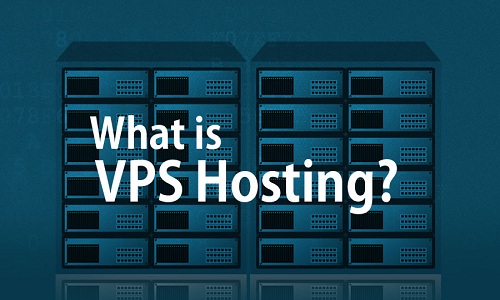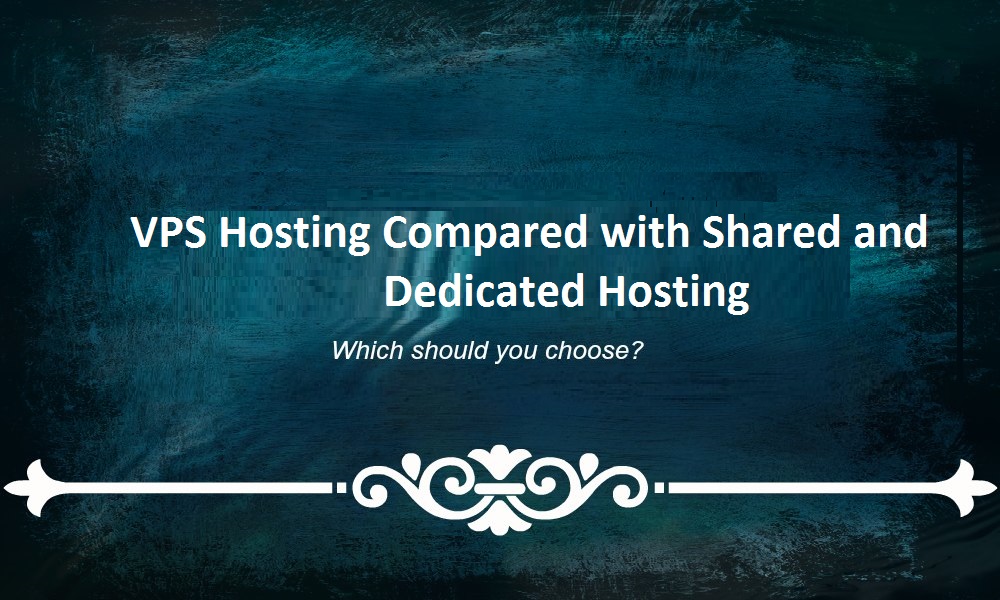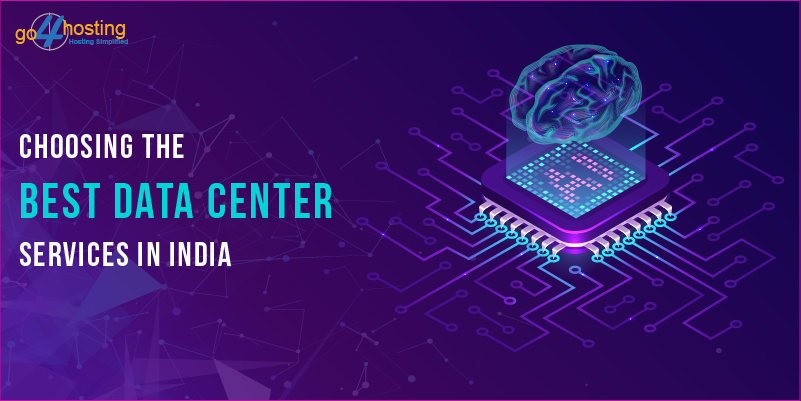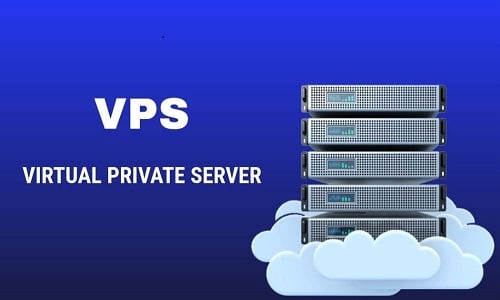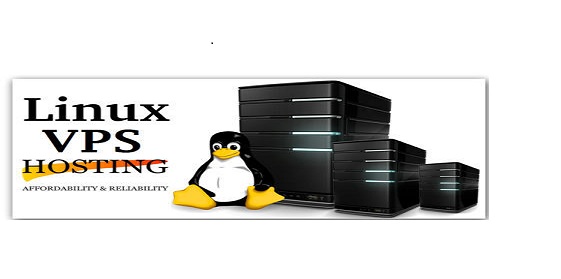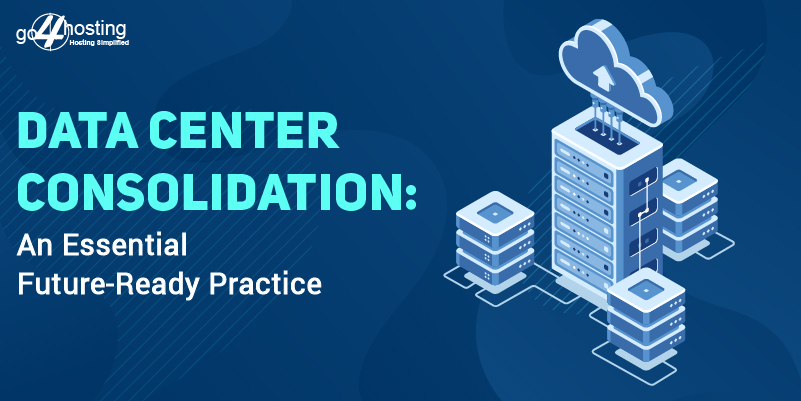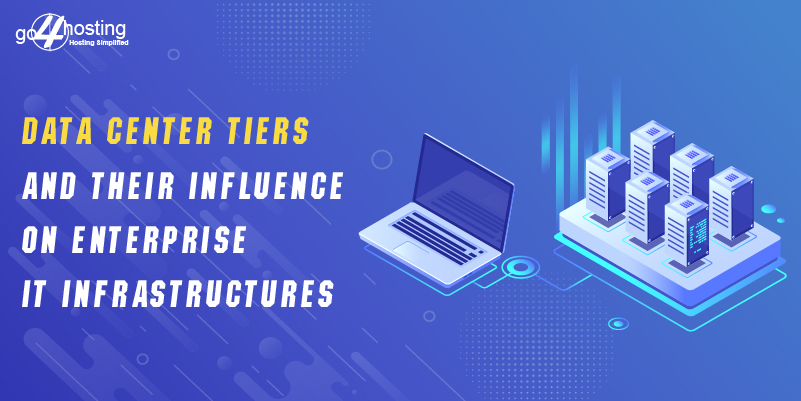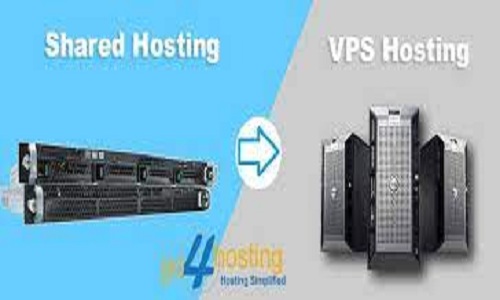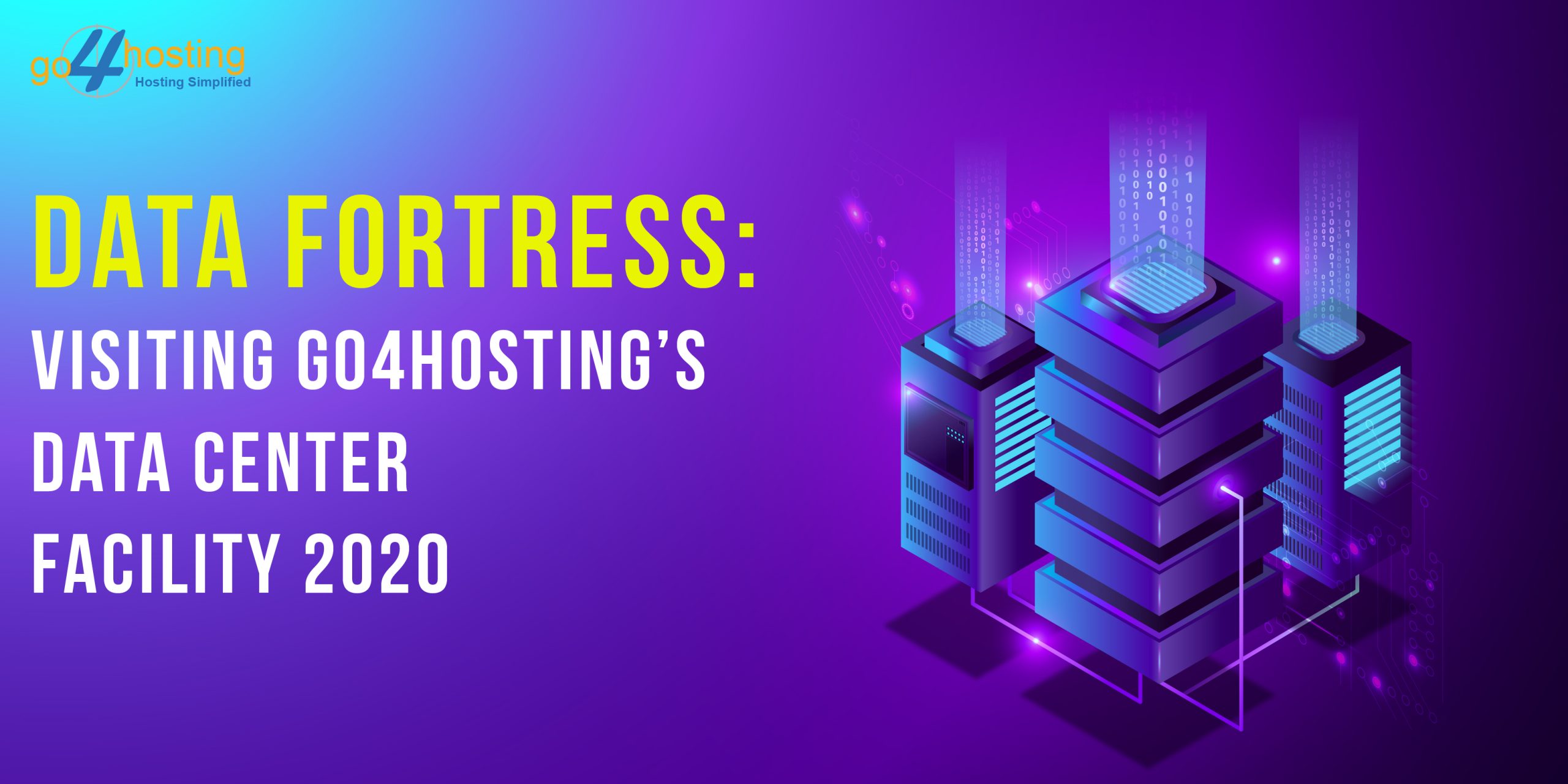The AMD journey began with only a few dozen employees in 1969. It began like any modest start-up – shoe-string budget, a bunch of enthusiasts on the table and minds at work. The initial years of AMD were not without struggles; it isn’t devoid of struggles even now. But from those modest beginnings, Advanced Micro Devices grew to a company of 10,000+ employees and began manufacturing processors for low-end computers and dedicated servers. Fast forward to today, AMD develops high-end computing and graphics products to resolve some of the toughest and unprecedented challenges in the semiconductor industry. That is to say, AMD next gen processors are worth a lot, especially for the price at which they are being marketed.
However, AMD had been left to lie in the second fiddles by its competitor Intel, which began operations only a year before AMD. Headquartered in Santa Clara, California, Intel is currently the largest and highest valued chip manufacturer when it comes to revenue. The organization had, since it was founded, crushed competition because it had had technological edge over all its competitors. In fact, Intel could be rightfully said to be driver of revolution in IT industry, gradually improving over the years. It would not be inappropriate if I’d say that a large portion of Intel’s success came from its monopoly.
Intel – The big fish
Intel launched its first microprocessor in 1971 and it was not until PCs became so successful that Intel made microprocessor its mainstream business. A big percentage of Intel’s earnings come from microprocessors, although the company has a wide range of products ranging from ICs, graphics chips (GPUs), embedded processors, flash memory and a ton of other devices in the field of communications and computing.
Intel was founded in the year 1968, by the then pioneers R. Noyce and G Moore, who formulated Moore’s law. Until 1981, Intel was manufacturing DRAM and SRAM memory chips and the revenue out of these two products fed the entire organization. These two chips continued to remain the major revenue streams until 1981, 10 years after Intel started manufacturing microprocessors.
Over the years, Intel Corporation came out with a number of breakthrough technologies and patents, including the x86 series of processors, the most successful microprocessor Intel ever built.
That is to say, Intel was the whole of computer chips market until AMD next gen processors rolled out.
Intel invested heavily in the development of microprocessor designs during the 1990s. Not only did Intel create a new market that was till then non-existent, it also became fostered the rapid growth of computer technology. It was during this period that INTC started predominantly selling microprocessors and also became known for aggressive, anti-competitive tactics to defend its position in the market.
AMD – a new player or an old fish on steroids?
Till now, AMD was seen as a budget-friendly solution for basic-use PCs. Though the manufacturer produced some high end processors too, they were deemed as incapable of competing with the performance of their Intel counterparts. AMD only occupied around 10% of market share until 2018, while Intel the remaining. Despite being extremely popular in low-end computers, AMD could not make the cut and continued accruing debts over the years. The organization was on the verge to get wiped up during 2007 and the year following thereafter. To cut short, AMD was nowhere on the chart until AMD next gen processors were rolled out.
Source – statista
Key Takeaways – The Rivalry
- Advanced Micro Devices Inc. (AMD) and Intel Corp (INTC) have been competing for the last 50 years.
- For much of these 50 years, AMD was on back-foot and INTC has dictated the market ever since.
- A number of other companies attempted to break into the microprocessor market, none of which could equal what Intel and AMD had achieved.
The change of winds – Ryzen Series, AMD Next Gen processors
In February, 2017, AMD launched its next-gen Ryzen microprocessor, built with 7-nanometer architecture, quickly surpassing its competitor in terms of sales. In response to AMD’s Ryzen, Intel launched its Ice Lake microprocessor in 2019. Ice Lake is the code name for INTC’s 10th gen processors, which it deems to surpass the Ryzen in terms of performance and power savings. What’s interesting is the 10th gen processors have been priced lower than their 9th gen counterparts. This highlights what a tough time INTC is having competing against the Ryzen series of processors in the market.
Source – Tech compare While Advanced Micro Devices (AMD) is now pushing out new chips based on 7nm (nanometer) architecture, Intel is still relying on age-old 14 nm chips, while trying to max out its current technology as much as it can. From a technical standpoint, 7nm chips allow for more processing power in the same size. The smaller architecture chips are therefore lighter, faster and more power-efficient than other chips. However, Intel has not been able to figure out technology to mass-produce 7nm chips while AMD has almost nailed it. Intel only recently introduced 10nm architecture but that is yet to be made available, while AMD next gen processors built with 7nm process are available in bulk.
Despite lagging behind AMD, INTC is trying to push what’s left of its hardware.
We, at Go4hosting, decided to stack both the processors side by side and measure which of these two outperformed the other and under what circumstances. Before we do so, let understand a few things to help you have a better understanding of how different microprocessors architecture can get.
Below, you will get an insight into the key things why AMD next gen processors stand out amongst its peer.
Core –
Core is the processing unit within a processor.
A few decades back CPUs comprised of a single core. The only way to expedite processing was increasing the clock speed (discussed later). Once the clock speeds hit plateau, engineers were set out on search of ways to accelerate performance of their processors. Initially, they thought of using multiple processors in the computers but doing so drastically increased the cost. It was then that incorporating multiple cores in a single processor was thought of as a viable option, which engineers achieved a few years down the line.
So, if a processor comprises 4 cores, it means it can process information at 4 times the rate of a single core CPU (provided other parameters are scaled likewise).
Threads –
Think of a thread as a conveyor belt. So a CPU with 4 core/8 threads has 2 threads assigned to each core. A thread divides a physical core into multiple virtual cores for faster operations
This could be better understood through smartphones. When you open an application a circle is seen spinning for a brief period. In the meantime the application and all the concerned files are processed and loaded in the background. This is achieved using special purpose thread created to serve this purpose only. While one of the threads displays a circle and processes data as if it were spinning, the other thread loads files and overrides the screen when the info has been processed.
Clock Speed –
Clock speed is an important factor in determining CPU performance. It is a measure how many cycles per second a processor can execute. Ideally, more the clock speed, more are the pulses and bits moved per second. Though clock speed can significantly increase performance of the computer, the number of instructions executed per cycle is also accounted for while calculating the overall performance.
AMD next gen processor not only rips higher clock speed but also higher core count. This has put Intel at a disadvantage against the ‘underdog’.
Readers should not confuse between base clock – and max clock speed.
- The base clock speed is the number of cycles that a computer ordinarily executes per second.
- The max clock speed is the number of cycles achievable using turbo boost.
When Giants Compete
Right after the development of its revolutionizing x86 chipset and IPO (1978), Intel became the dictator of the microprocessor industry. As of February 2020, Intel’s market capitalization was estimated at $288 billion, almost 5 times when compared to AMD’s comparatively-meagre market cap of $59.9 billion.
This is in fact understandable. AMD has been the underdog in the microprocessor market and focused on producing middle to low- range chipsets to lure those who could not afford Intel in the first place. This trend had more or less continued until the latest Ryzen CPU was rolled out – the only reason we all came here in the first place. Though, all this time, sophisticated users who like tinkering with their computers, did so using AMD’s unlocked CPUs.
Unlocked CPUs can be overclocked.
Even until 2016, AMD only possessed one-quarter of the entire CPU market, whereas Intel dominated almost the entire of the remaining three quarters. AMD turned tables of Intel, however, by introducing Ryzen series of its novel 7nm architecture. The Zen 2 architecture is all about leveraging the performance of tightly packed transistors in AMD next gen processors.
Intel vs AMD – the bout
Having understood the essential terms relating to microprocessors, we now proceed towards comparing products based on use-case.
1.Intel’s take on the matter
Image source – Intel
The above comparison was released by Intel itself but as computer experts we found the results were rather hard to grasp. First, the configuration of the workstation configured with Ryzen was not specified by Intel. Typically, tests should be performed by keeping all the other parameters comparable, if not equal. A high-end computer with slow processor could outrun low-end computer with advanced processor. The data could have become more credible had Intel released the system environment where these tests were performed.
2.The duel of Cores
Both Intel and AMD have reserved their high-core count for their enterprise line products, reserved especially for virtual machines and data center servers. Below we have compared enterprise-level CPUs from both the manufacturers.
Test results on Corona 1.3 benchmark.
Test results on Blender 2.7
Image source (Anand tech)
Intel’s Reply to AMD
In August last year (2019), Intel released its 10th gen processor in response to AMD’s Ryzen. The new architecture was codenamed Ice Lake and Intel claimed an overall performance improvement of well over 18% over its predecessor. Intel still had the silver lining during the dark times as its high-end market continued to grow. High-end CPUs not only have a better profit-margin but also contribute more than half of the company’s overall sales. The way I see it, Intel’s chips are far behind AMD next gen processors.
Source – CPU talk
No more 10nm for Intel Now
Although Intel hurriedly launched its 10nm Ice Lake, there are no 10nm CPUs in its arsenal for the year. The demand vs supply curve for Intel has been somewhat unprecedented, with supply falling short all over the globe. In all desperation, Intel is trying to prove that it still holds the throne but AMD next gen processors are miles ahead of Intel currently..
The two giants will continue dueling in the future until one comes out victorious over the other, which, despite all the likelihood, is almost unlikely to happen.


